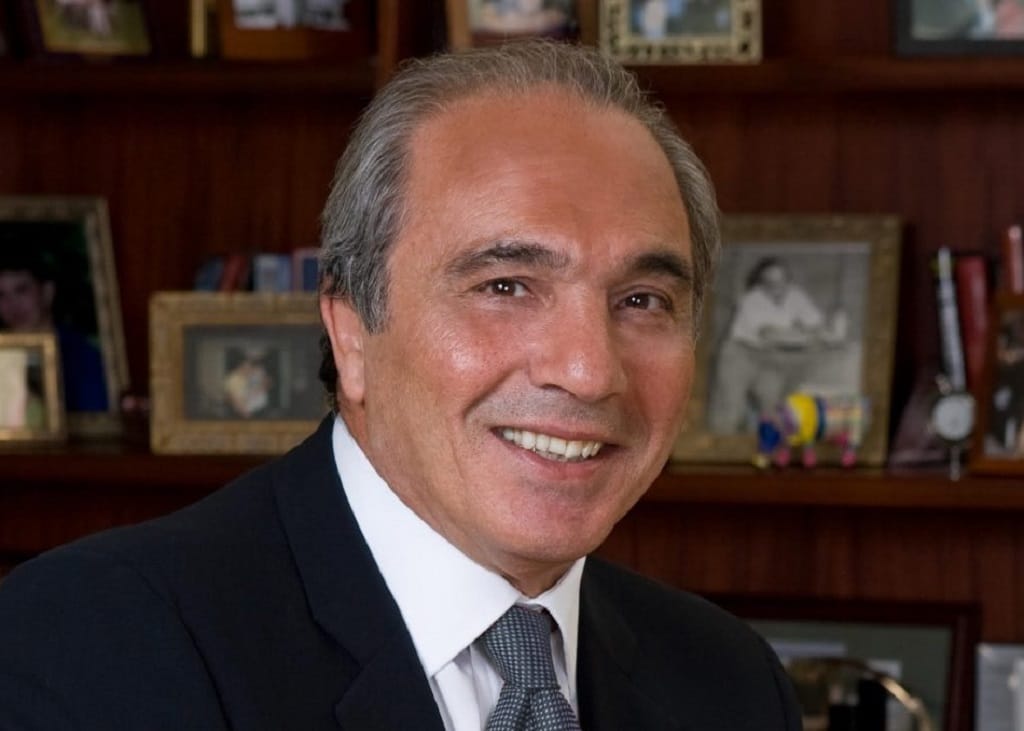Google, Municipal Groups Oppose Mediacom Request to Block Google-City Infrastructure Deal
Mediacom petitioned the FCC to stop a Google-West Des Moines deal, but Google said it’s not exclusive.
Ahmad Hathout

WASHINGTON, October 20, 2021 – A number of associations and Google have filed opposition arguments to a Mediacom request that the Federal Communications Commission intervene to stop a city in Iowa from allowing Google an alleged exclusive access to the city’s infrastructure.
MCC Iowa LLC, also known as Mediacom, filed a petition in May that asked the FCC to stop the construction of the West Des Moines network after alleging an exclusivity agreement between Google and the city was signed in July 2020 that it said negatively harms it. Mediacom, which said this is a first of its kind petition, also asked that the commission intervene to “remove the preferential design, access, financial and permitting rights” afforded to the network.
Mediacom brought the complaint based on Section 253 of the Telecommunications Act, which stipulates that cities must foster competition and restrict efforts to protect monopolies.
But in an October 7 submission, Google said its deal with the city to use its network is not exclusive.
“The Conduit Network is, by contract and by design, a multi-user network intended to accommodate the fiber network of Google Fiber as well as the facilities of other licensees,” Google said in its submission. “The agreement between Google Fiber and the City for Google Fiber’s use of a portion of the Conduit Network…expressly contemplates that there will be users other than Google Fiber, following an initial six-month period during which Google Fiber can test that the network is functioning properly as it begins to serve customers.
Google added that the agreement between the two does not stop the city from allowing other providers to ride on the network on the same economic terms.
The Mountain View-based company also claims Mediacom is misapplying Section 253 in this case and seeks to expand its scope because it targets the city’s effort to promote competition and not, as it would rightfully be applied, to target the city’s effort to restrict competition. In other words, Google said the city isn’t trying to restrict competition because it is encouraging service providers to use the network.
In fact, Google argues the deal with the city is advancing the goals of Section 253. “By building its own conduit network…and encouraging private industry to bring high-speed broadband service to its residents, the City is advancing the goal of Section 253,” Google said.
“Granting the Petition would undermine the actual purpose of Section 253 and turn it, instead, into ‘a blunt tool’ that historical incumbents can use to beat down market competition,” Google added.
Municipal organizations also oppose petition
In a separate submission dated October 7, a coalition of municipal organizations argued similarly that Mediacom’s petition is “aimed at thwarting the very competition Section 253 is intended to ensure, and potentially undermines a range of local efforts to bridge the digital divide.”
The joint submission was signed by the National Association of Telecommunications Officers and Advisors, the United States Conference of Mayors, the National League of Cities, the National Associations of Counties, and the National Association of Towns and Townships.
The group argued further that Mediacom was expanding the scope of the law because the FCC cannot force a municipality to change the design of a project, but is rather limited to enforce, and address violations to, it.
CORRECTION: A previous version of this story said Google was based in Menlo Park. In fact, it is based in Mountain View, California.









Member discussion